After a two-year battle with cancer, we had to put our beloved boxer, Hope, down. These are the first days in nine and a half years that I’ve woken up and haven’t had a dog. The world feels completely different. Flat. Dull. I’m deep in grief, but writing is how I process and I wanted to memorialize her in print. Print is corporeal; you can touch it and smell it. Physical presence is what death takes from us and the loss of a pet’s physical presence is all-consuming. Their sounds are the background soundtrack you take for granted — until they are gone.
The silence is the first thing that strikes me when I walk in the door. It’s suffocating. It’s an emptiness so vast I want to scream into the void she left. My stomach is in knots and I want to crawl out of my skin. There is no smiling face in the window, eager for our return. There is no full body waggle-butt and excited panting. There is no jingling collar. The house feels simultaneously cavernous and cramped. I don’t want to be home — but I don’t want to be anywhere else. There is only that deafening silence, a profound nothingness.
The mornings are the hardest. This is true with grief in general — you wake up and the reality of your loss sets in again, consciousness rudely jolting you from whatever momentary reprieve sleep may have given you from the pain. My alarm clock for the past decade has been early morning snorts and Hope’s trademark flapping ears as she shook the night off. She would come to either my side of the bed, or my husband’s once he was in the picture, and start panting for her walk. If we were tired or lazy, she would paw the bed. I’m still conditioned by years of routine to wake up at 7:00 a.m., but there is no dog waiting for a walk. No frustrated exhales saying, “WAKE UP!” Just silence. More silence.
Pets are woven into the fabric of your life — but more than that, your life revolves around them. There are the millions of little ways you take them into consideration, habits that reveal themselves only in their absence. The way I left the door open when I would go to the backyard with my daughter, so she could join us. How I’d leave the bedroom door open if I couldn’t sleep and went out to the living room, in case she wanted to accompany me to the couch (she often did). How often I reach for her or look for her. So much bandwidth devoted to these furballs of unconditional love that is now freed up. I hate it.
Phantom sounds haunt me. I keep thinking I hear her. She’s a part of us. My daughter keeps forgetting she’s gone — but I get it, I keep forgetting too. Animals are creatures of habit and routine and in many ways, they train us. My daughter eats her hard-boiled egg and tosses the yolk on the floor, like so many other times before. How to remind a toddler that her beloved pet, whom she’s known her whole life, won’t be there to beg for chicken or clean up her scraps?
Having a toddler while we grieve is nice in some ways — I can’t allow myself to be consumed by the sadness that swirls around my heart. I want to close the curtains and lie in bed and cry all day. She wants a raspberry popsicle. It’s heartbreaking in other ways. After “Mama,” “Hopa” was her first word. She’s grieving too but doesn’t necessarily know how to express it. She processes it in her own way. When she comes home, she lies on a blow-up alien she drags around and says, “I missed you.” She misses Hope. The other night we heard her talking to her giant stuffed unicorn as if it was Hope — and then she asked us to put Hope’s collar on her.
I’ve experienced a lot of loss in my life and I’ve been with people as they’ve passed to… wherever we go…but I wasn’t prepared for the depth of this loss. I knew it would be bad; I had no idea how bad. I have long dreaded this day — most pet owners I know experience a kind of pre-grieving while the pet is still alive. But I couldn’t know how I would freeze, sobbing on her lifeless body, never wanting to let go of those velvety soft ears. Knowing it would be the last time I pet her. I couldn’t know the depth of my husband’s sorrow.
Grief isn’t in stages. It’s a pinball machine. Something triggers you and you’re off, pinballing from guilt to anger to depression back to guilt over to profound ugly-crying in minutes. Then, exhausted, you drop into a flatness, a moment where you’re free of the grief — and it feels like a betrayal of their memory. The pinball machine of grief can be activated out of the blue when you get the whiff of their scent on a pillow — or when the UPS man comes to the door and there is no furious barking. No one to admonish out of fear they’ll wake up the napping toddler.
Everywhere I turn — there is always Hope.
This article was originally published in The Spectator’s October 2024 World edition.



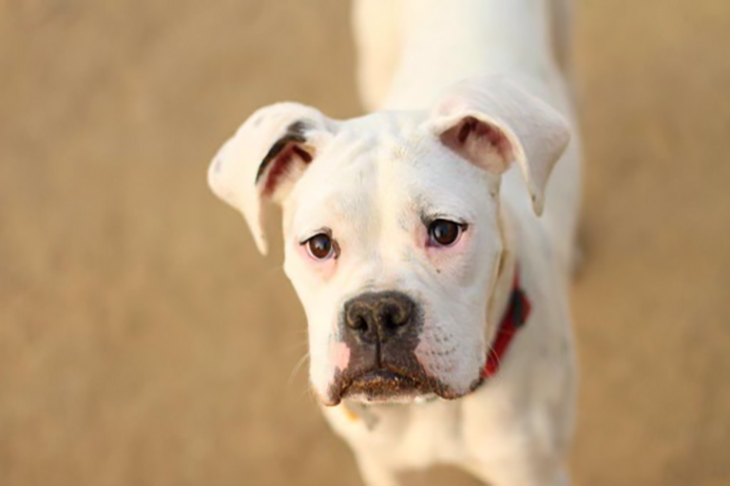






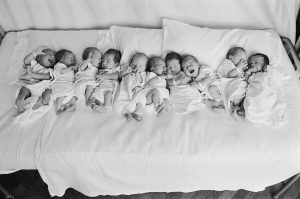
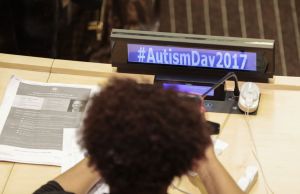
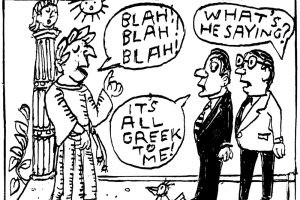
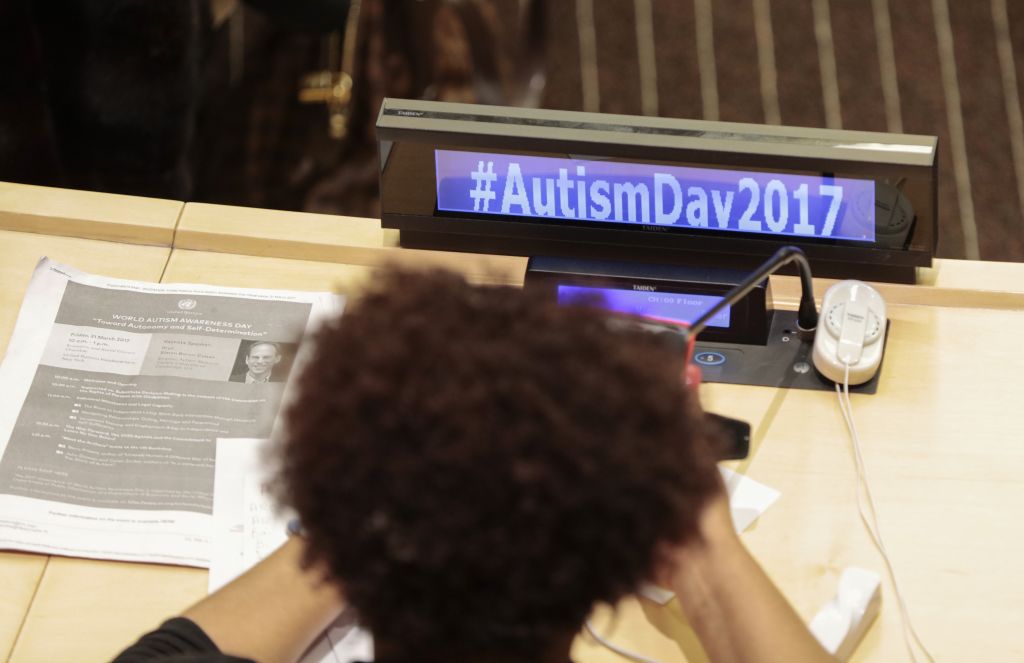
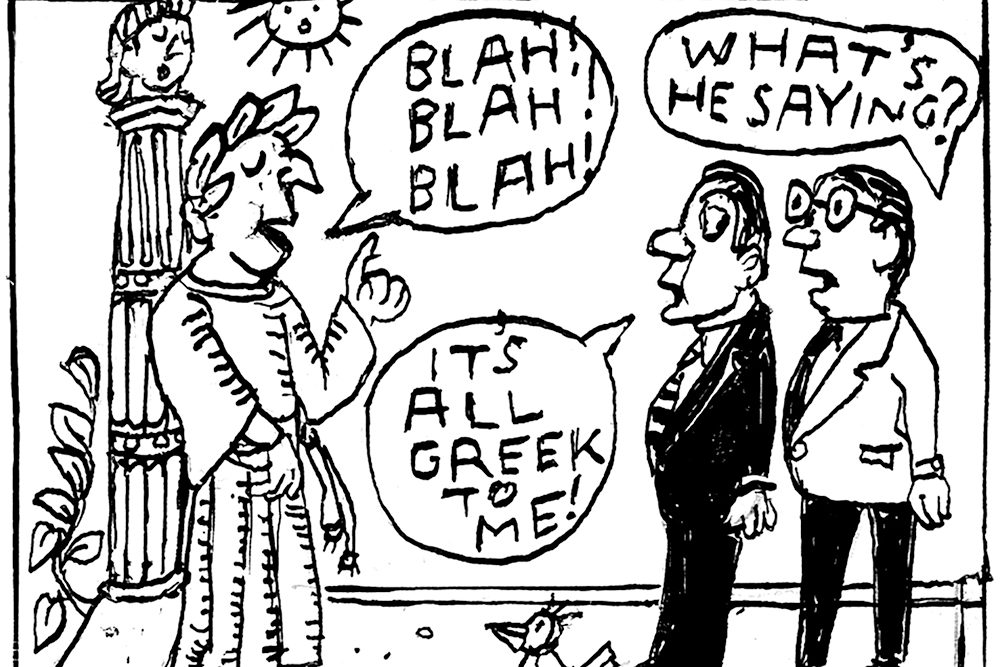
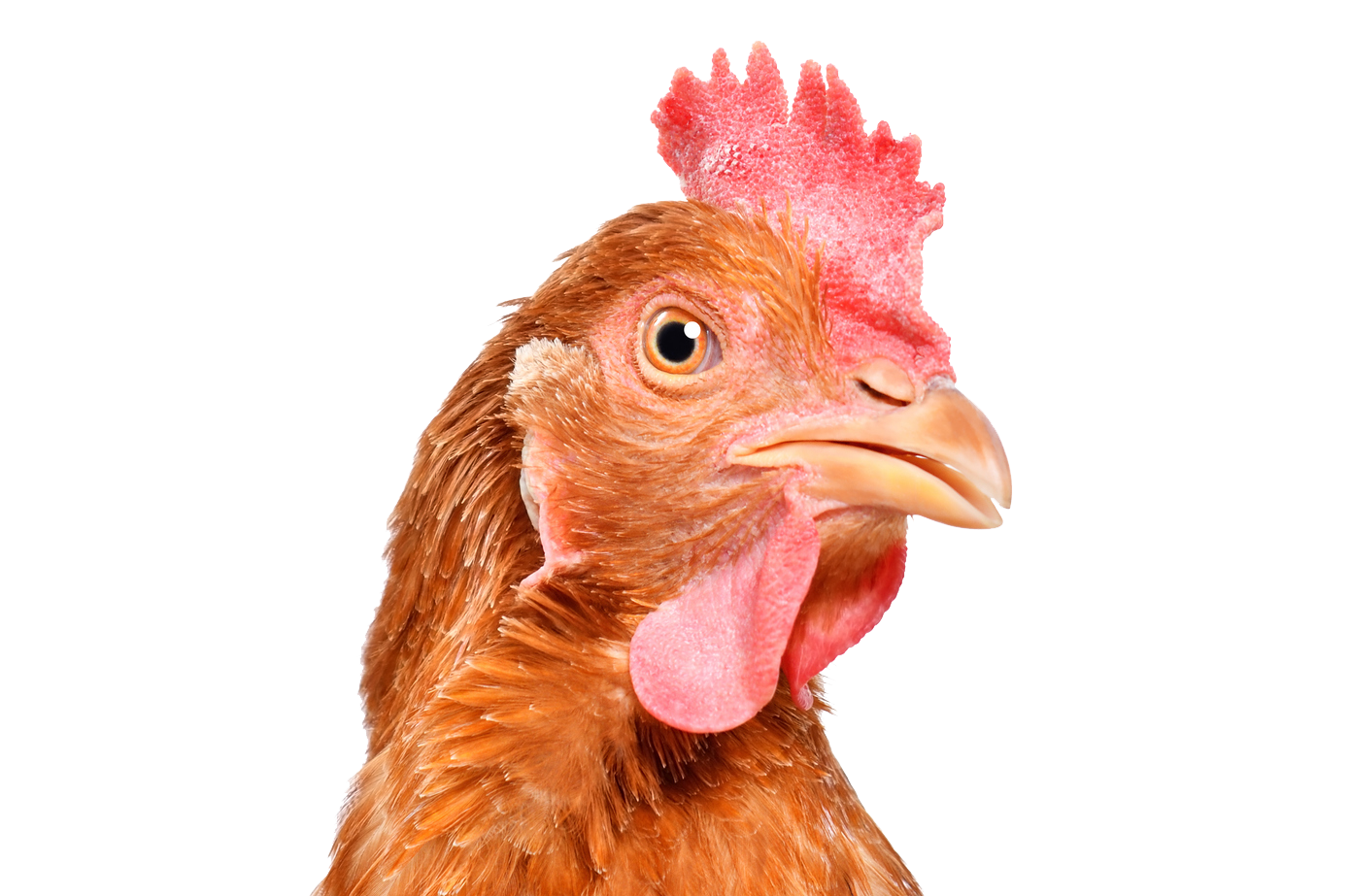

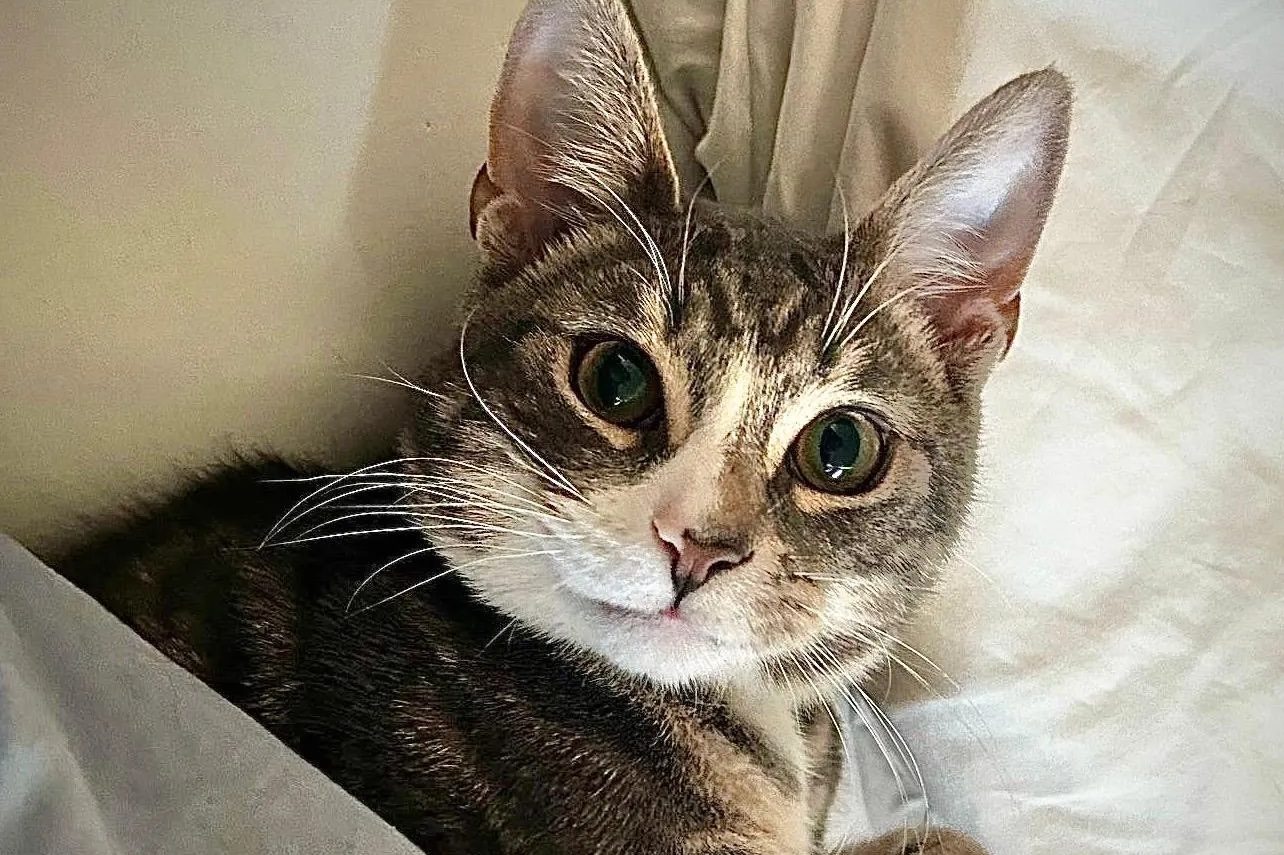
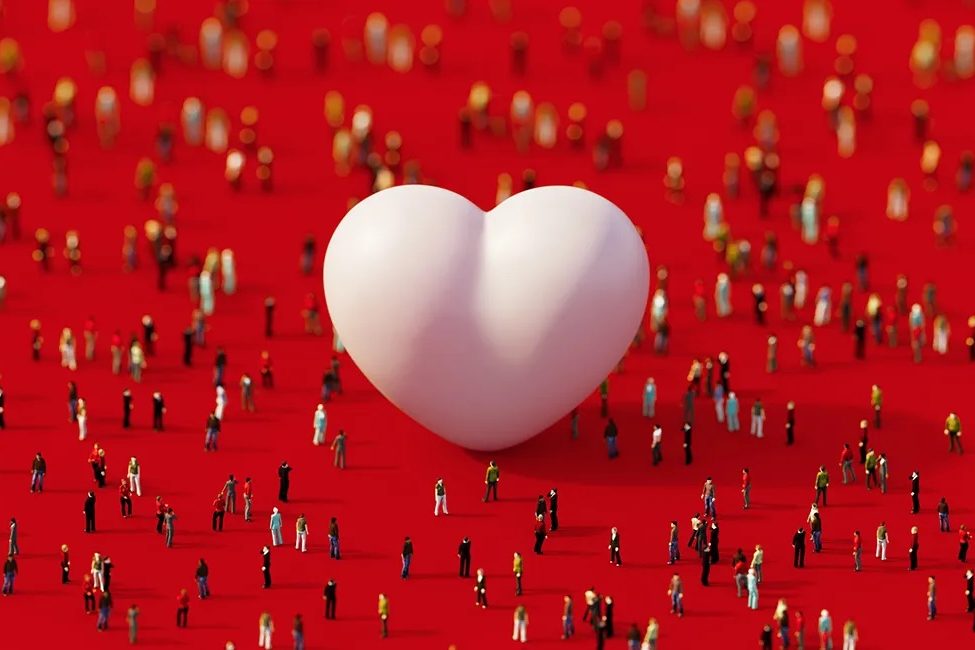







Leave a Reply